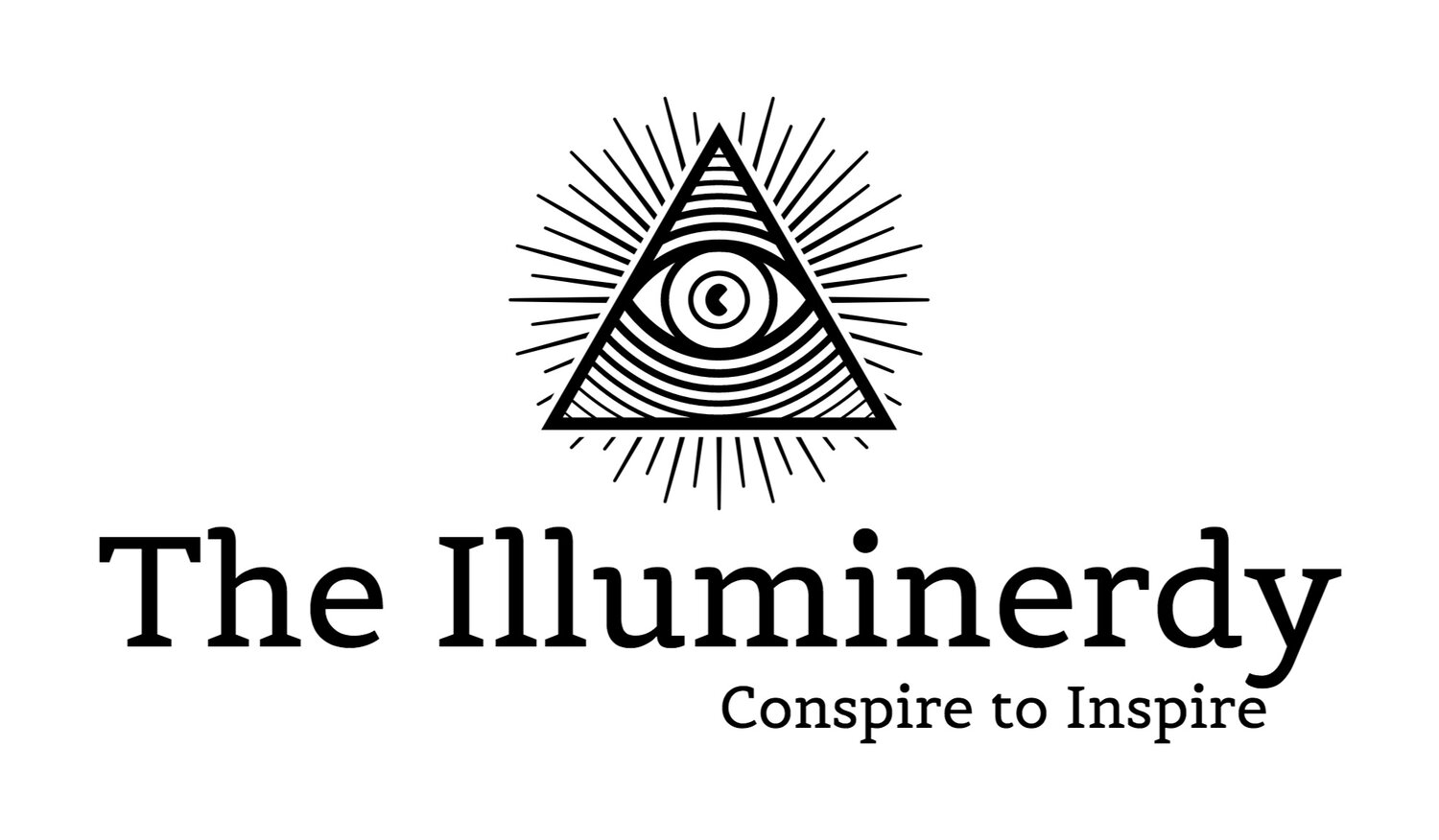So we've established previously that we here at the Illuminerdy are big fans of historical games, and it may have become apparent that one of our favorite eras is the 55 years of tumultuous history in North America from 1765 to 1820. This includes the run up to the American Revolution, its aftermath, the formation of two different United States of America, conflicts with North African pirate kings, a quasi-war with France, the Louisiana Purchase, at least one upstart Emperor, and the War of 1812. We've outlined a couple of potential games of vampire-hunting espionage in the style of Night's Black Agents set in this era, and explored at length one of the age's iconic heroes: Davy Crockett. Suffice to say that there's a lot you can do with the time period. Nevertheless, most games are going to tend to drive you down a fairly narrow path. If you want to try to have it all, you might consider making your late 18th/early 19th century game a little more, well, four-color: take a page out of the comics and give your game some superheroes.
Sons of Liberty
Much of the familiar narrative of the modern superhero (and, indeed, many of the still-published characters) was defined by -- or sprung directly from -- the years surrounding World War II. When I set out to create an alternate historical superhero narrative, I wanted to maintain some of the same feel, at least in part to give the players an additional hook into the setting: even if they weren't particularly interested in the era I wanted to play in, I could still sell the game as a classic superhero story. In short: things needed to stay relatively familiar, particularly because I wanted to set my game about 200 years before the presents. I decided that the pregens, the defining heroes of the game, needed to be pretty transparent pastiches of existing heroes: Somewhere between the Avengers and the Justice League, with an early American historical flair.
I toyed with a few different names (they were the Culper Ring for the first few games until I decided to reserve that for a more spy-focused game), before settling on the Sons of Liberty, though I was clear from the start that I wanted to ensure that at least a few of the Sons were actually, well, daughters.
Regardless, the Sons of Liberty needed at least a little pre-history, something that centered them on my era-appropriate substitute for WWII. While it was a forgone conclusion that many (if not all) of the heroes would have fought against the British (who are in this particular game, if not in actual history, the villains) in the American Revolution individually or as part of the Continental Army, it seemed appropriate to find a reason for them to have come together a team that would or could have survived the end of hostilities.
The Newburgh Conspiracy
By the end of 1782, the young United States' Continental Army was confident that the Revolution would soon be resolved in favor of the colonies, with the Army's victory at Yorktown (in 1781) forcing ongoing peace negotiations with the British in Paris, France. With most of the threat of battle subsided, the Continental Congress had become decreasingly willing to fund and provision the Army, which quite understandably angered a significant share of the officer corps encamped at Newburgh, New York, throughout late 1782 and into the early months of 1783.
An anonymous author began circulating a document referred to as the "Newburgh Address" suggesting that the Army had been betrayed by the young nation's civilian leadership, and that as a result the Army should either refuse to lay down its arms after the formal end of hostilities with the British or simply refuse to fight if asked to take the field against them. Essentially, the conspirators (which may have included another prominent General -- and Washington rival -- Horatio Gates) were plotting a coup d'etat.
In real life, General Washington defused the burgeoning conspiracy in March 1783 with an impassioned speech, but given a world Comic Book sensibilities, one might be better served to lay the blame on sinister psychics, sleeping Indian Gods, the Illuminati (unless Washington was actually Adam Weishaupt), or time-traveling Nazis (etc.).
Regardless, since this particular event was merely supposed to serve as background explaining why the Sons of Liberty exist, there wasn't much reason to dwell on the specific cause of the conspiracy. I just needed to imply that its cause and effects were something that, in this universe, required a more forceful disruption than a well-crafted speech: obviously, it needed super heroes.

